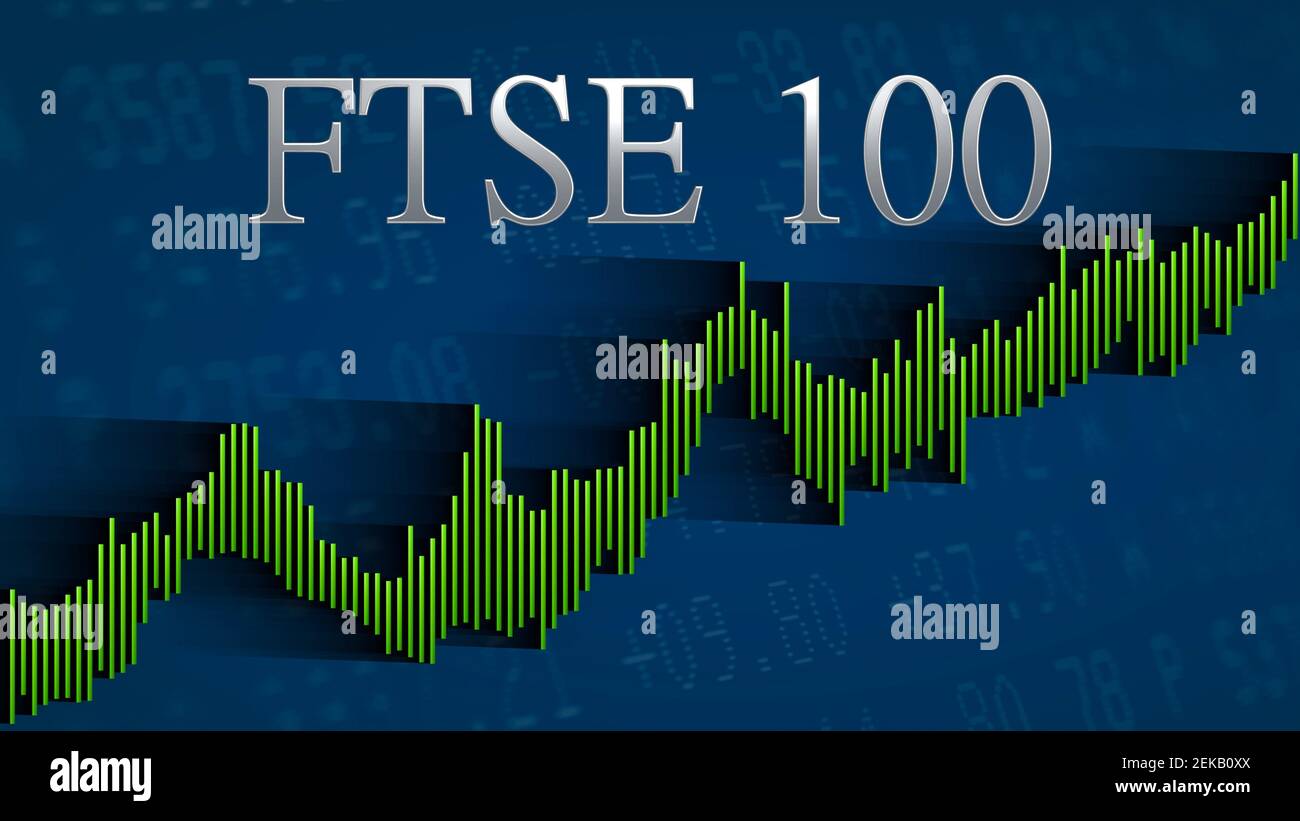
Investors should exercise extreme caution amid the latest meme stock frenzy, warns Nigel Green, CEO of the global financial advisory giant deVere Group, as shares of companies like Krispy Kreme, GoPro, and Beyond Meat experience dramatic surges despite ongoing financial instability and weak fundamentals.
“This isn’t investing, it’s coordinated crowd behavior,” he comments. “Retail traders aren’t evaluating business models or long-term prospects. They’re piling into stocks in order to trigger short squeezes. That may seem clever, but mis-time it, and you’re not beating the hedge funds, you’re bailing them out.”
On Wednesday, Krispy Kreme climbed another 9%, following a 26.7% spike the previous day, even after reporting declining revenues and withdrawing forward guidance.
GoPro jumped more than 35%, despite continued market share losses to smartphones. Beyond Meat, a company that has yet to deliver a profitable year, soared more than 30% this week alone.
“These rallies aren’t about innovation or earnings growth,” Green explained. “They’re driven by raw momentum. This isn’t investment strategy, it’s wave riding and waves always break.”
The basic mechanics behind meme stock surges remain unchanged since the GameStop phenomenon of 2021: hedge funds short weak stocks, online communities identify the targets, mass buying floods the market, short sellers are forced to cover, and prices briefly skyrocket.
“If a stock is heavily shorted and you can mobilize enough buying to disrupt the float, the hedge funds are forced to buy back in,” explains the deVere CEO.
“That’s smart in theory, but incredibly risky in execution. Someone always gets caught on the wrong side of the trade.”
The risks of late entry into these trades are already playing out. Shares of Kohl’s, after rising 36% earlier in the week, dropped 16% on Wednesday. Opendoor Technologies, which nearly tripled last week, plunged 25%, wiping out most of its gains.
These reversals are strikingly similar to previous meme stock cycles, where steep rallies are followed by sudden, painful crashes.
“Momentum traders may think they’re outsmarting the system, and maybe they are briefly,” says Nigel Green.
“However, if you’re the one still buying when the music stops, you’re not punishing Wall Street. You’re absorbing their exit.”
Green points to past meme stocks as cautionary tales. GameStop, which surged from under $5 to over $120 in 2021, now trades around $24. Blackberry once approached $30; today it hovers around $4.
“These stocks carry the scars of their own hype,” he notes.
What’s unfolding now, the deVere chief executive and founder argues, isn’t an investment strategy, it’s a social phenomenon with market consequences. “People aren’t buying business prospects. They’re buying volatility.”
He concludes: “You’re not entering a long-term position when you buy into these moves. You’re stepping into a volatile, crowd-driven cycle.
“If you get the timing wrong, you don’t just miss the upside—you get hit by the collapse.”













